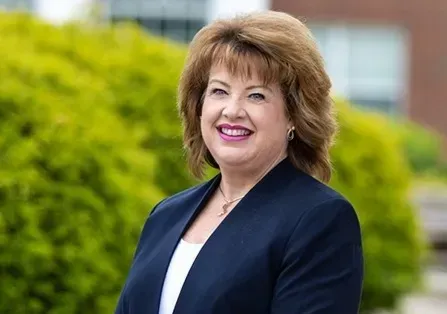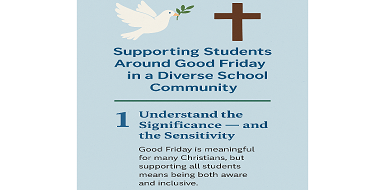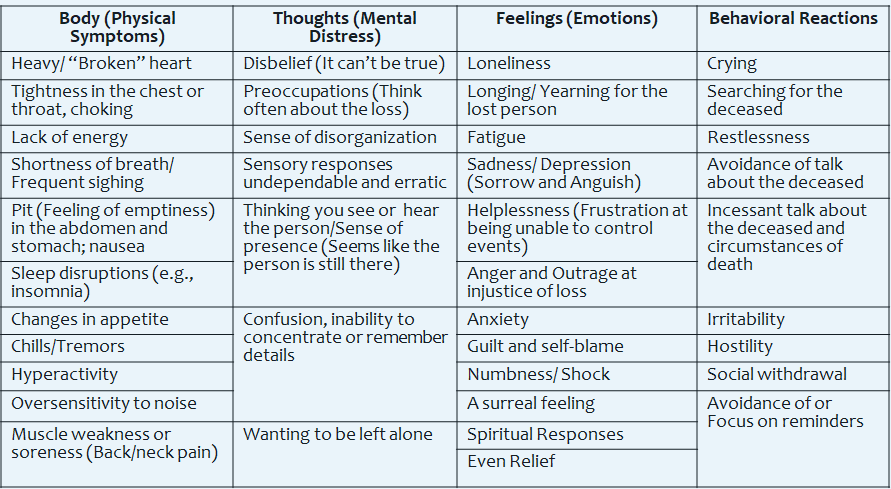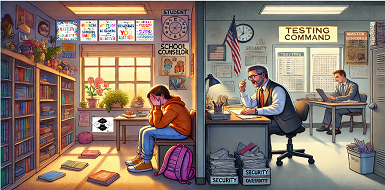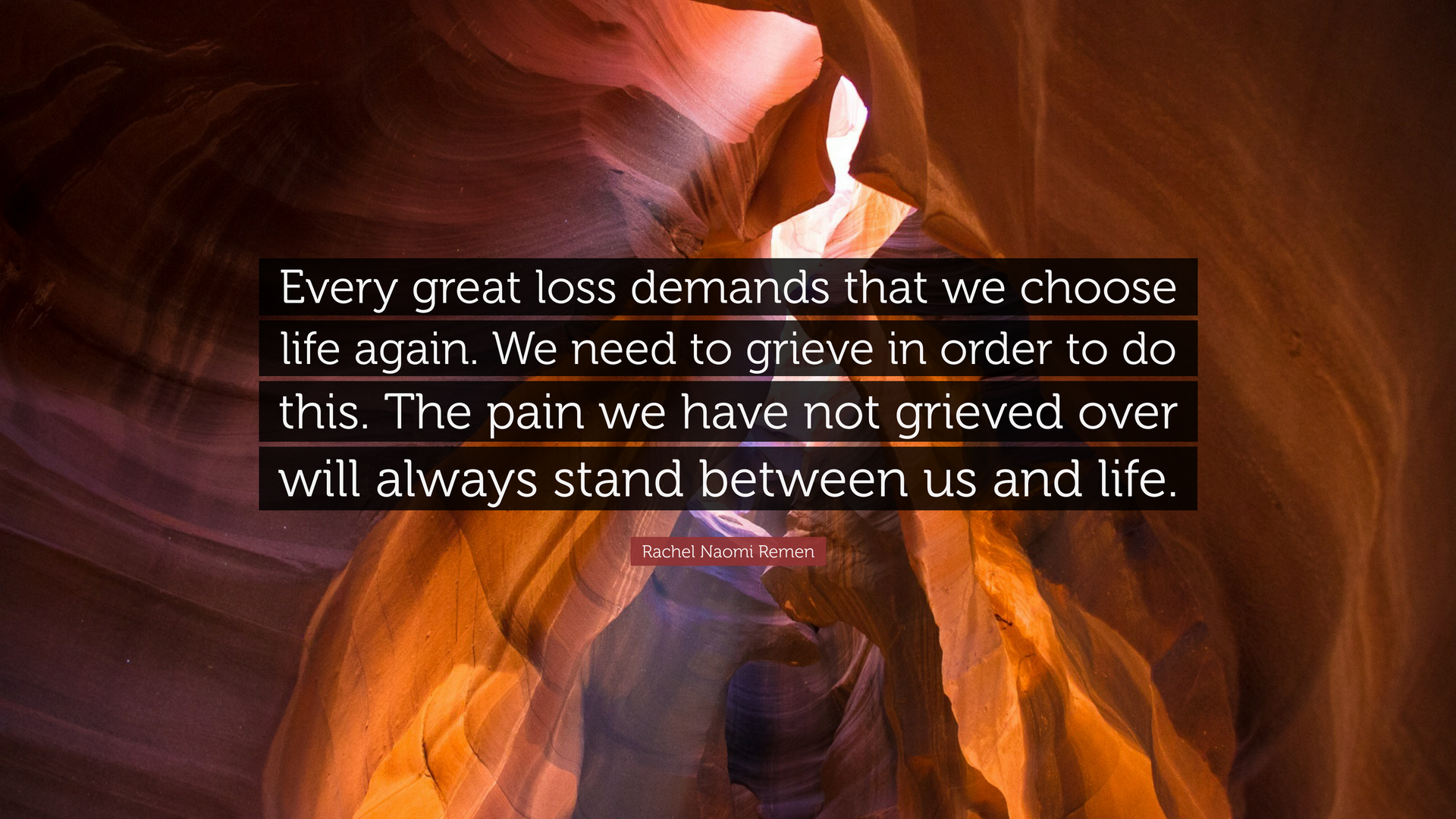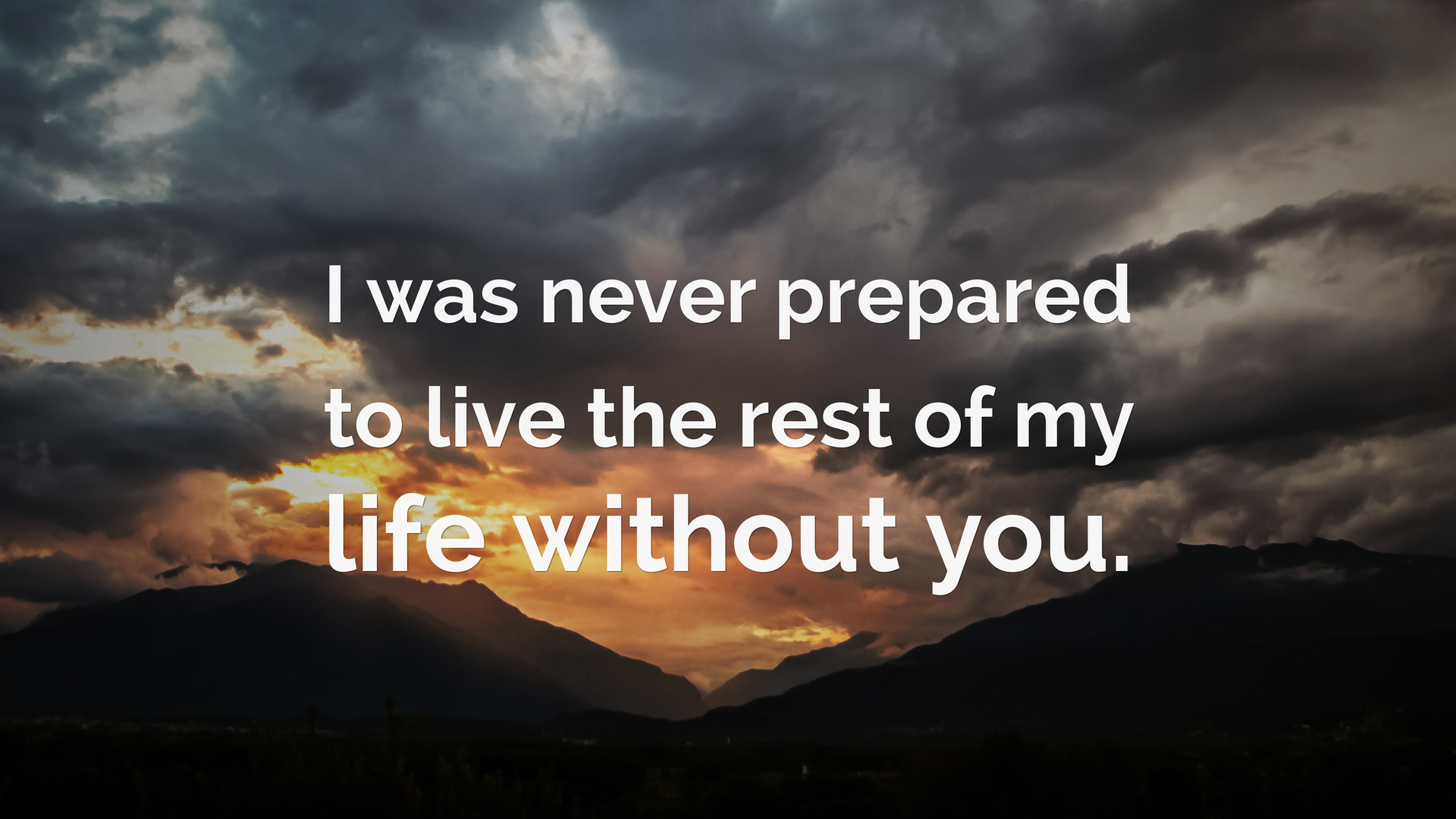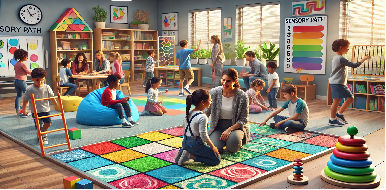Supporting Students as They Return From Winter Break
School Year Transitions
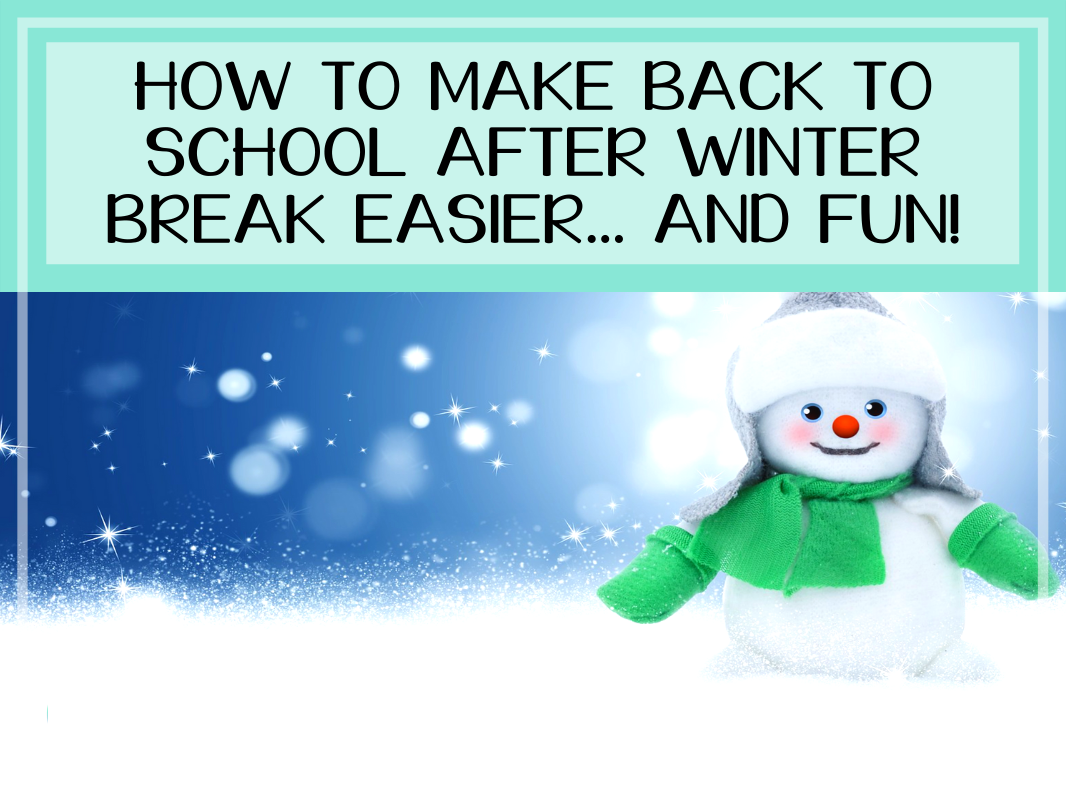
The transition back to school after winter break can be a time of mixed emotions for students. While some return refreshed and eager to re-engage, others may face challenges as they adjust back to the structure of school life. For students who experienced difficulties during the break, such as grief, financial hardship, or family instability, this transition can be particularly stressful. School counselors play a crucial role in helping students navigate this period with care and intention. Below are strategies to support students as they return from winter break.
Conducting Check-Ins with Students
Reconnecting with students individually or in small groups can help identify those who may need additional support:
- One-on-One Meetings: Schedule short, informal check-ins with students you identified as at-risk before the break to assess their well-being.
- Classroom Visits: Spend time in classrooms to observe student behavior and offer a visible presence of support.
- Student Surveys: Distribute a simple survey to gauge how students are feeling about their return to school and whether they need help with specific issues.
Rebuilding Routines
Many students struggle with the transition from the unstructured days of winter break to the routines of school. Help them regain a sense of stability by:
- Classroom Workshops: Offer sessions on time management and organization to ease the adjustment back to school schedules.
- Goal Setting Activities: Encourage students to set academic and personal goals for the remainder of the school year.
- Mindfulness Exercises: Teach mindfulness or relaxation techniques to help students manage feelings of stress or overwhelm.
Providing Emotional Support
For students who faced challenges over the break, emotional support is critical. Focus on:
- Grief Counseling: Offer individual or group counseling for students coping with the loss of a loved one during the holidays.
- Conflict Resolution: Provide a safe space for students dealing with family or peer conflicts to share their feelings and find constructive solutions.
- Empathy and Understanding: Normalize a range of emotions and let students know it’s okay to feel sad, anxious, or disconnected.
Collaborating with Teachers and Staff
Teachers are often the first to notice changes in student behavior or mood. Work closely with them to provide holistic support:
- Training: Equip teachers with strategies to recognize signs of distress and refer students to the counseling office when needed.
- Communication: Share insights about at-risk students (while maintaining confidentiality) to ensure coordinated support.
- Classroom Activities: Suggest classroom exercises, such as gratitude journaling or team-building games, to foster a positive and inclusive environment.
Connecting Families to Resources
Some challenges that students face require the involvement of their families. Counselors can play a key role in bridging the gap between school and home:
- Parent Outreach: Reach out to families to discuss how their child is adjusting and provide guidance on fostering a supportive home environment.
- Community Resources: Share information about local food banks, counseling services, or after-school programs for families in need.
- Workshops for Parents: Host sessions on topics such as managing post-holiday stress, financial planning, or fostering resilience in children.
Addressing Academic Concerns
The post-break period is a good time to refocus students on their academic goals. Support students by:
- Academic Planning: Meet with students to review their progress and create action plans for success.
- Tutoring Programs: Connect struggling students with peer or professional tutors to help them catch up.
- Encouragement: Celebrate small wins and remind students that it’s never too late to improve.
Promoting a Positive School Climate
Creating an inclusive and supportive school environment benefits all students. Consider initiatives such as:
- Welcome Back Activities: Organize events or assemblies to celebrate the new semester and foster community spirit.
- Student Recognition: Highlight positive behaviors or achievements to boost morale.
- Peer Support Groups: Encourage students to form groups where they can share experiences and offer support to one another.
Final Thoughts
Returning from winter break is a pivotal time for students, and school counselors play a vital role in ensuring a smooth transition. By focusing on emotional well-being, academic support, and community-building, counselors can help students feel valued and empowered to succeed. Through collaboration, empathy, and proactive strategies, school counselors can make the post-break period a positive and productive time for all.
I am a school counselor turned counselor educator, professor, and author helping educators and parents to build social, emotional, and academic growth in ALL kids! The school counseling blog delivers both advocacy as well as strategies to help you deliver your best school counseling program.

I'm a mother, grandmother, professor, author, and wife (I'll always be his). Until October 20, 2020, I lived with my husband, Robert (Bob) Rose, in Louisville, Ky. On that awful day of October 20,2020, my life profoundly changed, when this amazing man went on to Heaven. After Bob moved to Heaven, I embraced my love of writing as an outlet for grief. Hence, the Grief Blog is my attempt to share what I learned as a Counselor in education with what I am learning through this experience of walking this earth without him. My mission is to help those in grief move forward to see joy beyond this most painful time.
